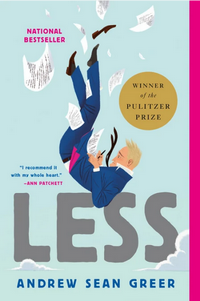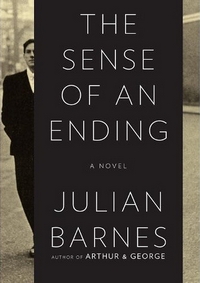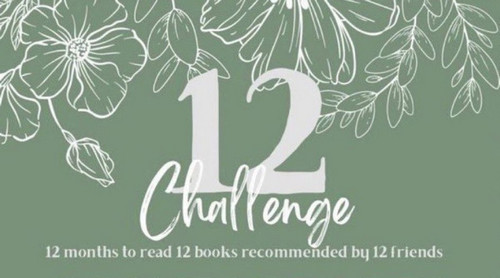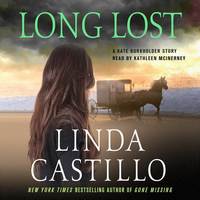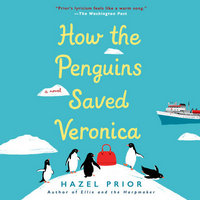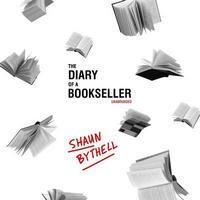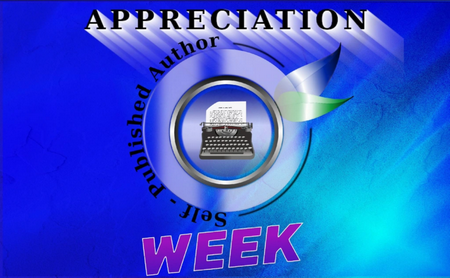I’m really behind on posting about audiobooks, so I’m going to tackle this half-dozen in one whack. It bugs me to not to write something about half of these, but at the rate I’m going, it’s just not going to happen. As always, the point of these quick takes posts is to catch up on my “To Write About” stack—emphasizing pithiness, not thoroughness.
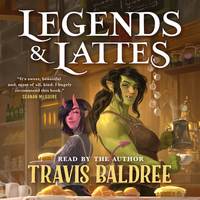 Legends & Lattes
Legends & Lattes
DETAILS: Publisher: Macmillan Audio Publication Date: June 14, 2022 Format: Unabridged Audiobook Length: 6 hrs., 22 min. Read Date: September 30-October 3, 2022
(the official blurb)
Opening a coffee shop has to be hard—period. Especially if you happen to be an ork, tired of the adventuring and killing, who wants to retire to a quiet community (instead of dying in battle). Harder still if no one in this part of the world has ever heard of coffee. But Viv’s not known for backing down, she’s going to give it her all.
This is possibly the sweetest Fantasy story ever written. It’s just pleasant—as pleasant as whiling away an hour or two in a comfy coffee shop chair with some great beverages. I’ve got nothing else to say, everything else would just be a rewording or unnecessary expansion on that.
Baldree’s narration was as good as his text—sometimes I wonder about the ego involved in an author doing their own narration, when they just shouldn’t. But Baldree absolutely should’ve.

![]()
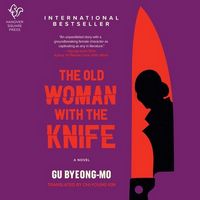 The Old Woman with the Knife
The Old Woman with the Knife
by Gu Byeong-mo, Chi-Young Kim (Translator), Nancy Wu (Narrator)
DETAILS: Publisher: Harlequin Enterprises, Limited Publication Date: March 8, 2022 Format: Unabridged Audiobook Length: 6 hrs., 29 min. Read Date: October 12-13, 2022
(the official blurb)
I think I need to read this, so I can focus on some things I didn’t give enough attention to (and a couple of the names confused me a bit, so I know I missed some things while I figured out the context).
But this story about an aging assassin who might be having memory issues, and could be developing a conscience of sorts—while trying to put a young up-and-comer in their place was just great.
Every front worked—the emotional moments, the dry wit, the action and intrigue, the character development…all solidly delivered. I’d probably have rated this higher if I’d read it and could’ve been more careful in understanding. Strongly recommended.

![]()
 The Vexed Generation
The Vexed Generation
by Scott Meyer, Luke Daniels (Narrator)
DETAILS: Series: Magic 2.0, #6 Publisher: Audible Studios on Brilliance Publication Date: June 6, 2019 Format: Unabridged Audiobook Length: 9 hrs., 55 min. Read Date: October 20-24, 2022
(the official blurb)
Oh, this was just fun. Gwen and Martin’s kids are teens now, and discover the whole magic/computer thing on their own (mostly because Gwen, Martin, and Philip are in major trouble and the teens blame Philip). We get to see some magic that’s not in the medieval England or Atlantean model, and see how strange everything in the first 5 books really is through the twins’ fresh eyes.
Daniels was his typical great self; Meyers was inventive, clever, and witty (as you expect), and the story was very satisfying.
If this is the end of the road for this series, it was a great way to go. If not? I’m really going to enjoy what comes next.

![]()
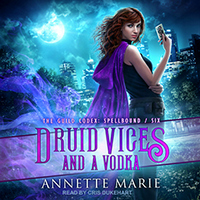 Druid Vices and a Vodka
Druid Vices and a Vodka
by Annette Marie, Cris Dukehart (Narrator)
DETAILS:
Series: The Guild Codex: Spellbound Series, #6
Publisher: Tantor Audio
Publication Date: March 17, 2020
Format: Unabridged Audiobook
Length: 9 hrs., 15 min.
Read Date: November 16-18, 2022

(the official blurb)
I’m getting a little annoyed by this series, I have to admit—I’m in it for the long-haul, make no mistake. But man…it feels like we’re just spinning our wheels with a couple of the storylines (and not in believable ways, mostly just to stretch out the drama), and Tori just refuses to learn or develop in any meaningful way (which is realistic, sure, but irritating in a fictional character after this long).
Still, I enjoy the novels, and am intrigued by some of the developments. Dukehart is fun to listen to—and the way this is interwoven with the other series ensures I’m sticking around.

![]()
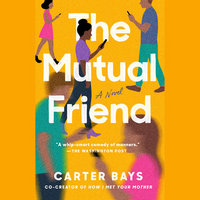 The Mutual Friend
The Mutual Friend
by Carter Bays, George Newbern (Narrator)
DETAILS: Publisher: Penguin Audio Publication Date: June 7, 2022 Format: Unabridged Audiobook Length: 15 hrs., 56 min. Read Date: November 21-25, 2022
(the official blurb)
Whatever problems I have with this are not with Newbern—I really enjoyed the narration.
I also really enjoyed portions of this—I can’t say entire storylines or characters—but maybe half of each? (some of the beginnings were great and then fell apart, some ended so well that I forgot that I really didn’t want anything to do with the characters/story, and some had great middles).
I found the overall “Friend” idea that tied all these divergent stories together both a great idea, and problematic at the same time.
I really wanted to like this, and assumed going in that I was going to love it. But I think this novel has taught me a lesson I should’ve learned with his TV show—Bays has moments of brilliance, but shouldn’t be allowed too much control over a story’s ending. (but if given the chance, I’m sure I’ll give him another try)

![]()
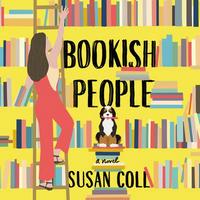 Bookish People
Bookish People
by Susan Coll, Alexa Morden (Narrator)
DETAILS: Publisher: Harper Muse Publication Date: August 2, 2022 Format: Unabridged Audiobook Length: 8 hrs., 11 min. Read Date: November 29-December 1, 2022
(the official blurb)
Coll tried so hard—you could feel the effort on every page. There were some truly amusing moments, and even a little sweetness here. But every storyline was entirely predictable—and not in the way that can be comfy and reassuring, but in a disappointing way. The madcap/slapstick moments felt disorganized and chaotic. The earnest parts felt like a Hallmark card.
The parts of the book that were about the ups and downs, travails and semi-triumphs, of a small bookstore made me like this enough not to resent the experience. But that’s about the best thing I can say.


This post contains affiliate links. If you purchase from any of them, I will get a small commission at no additional cost to you. As always, opinions are my own.
![]()



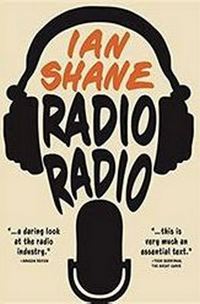


 Grab a book, any book.
Grab a book, any book.